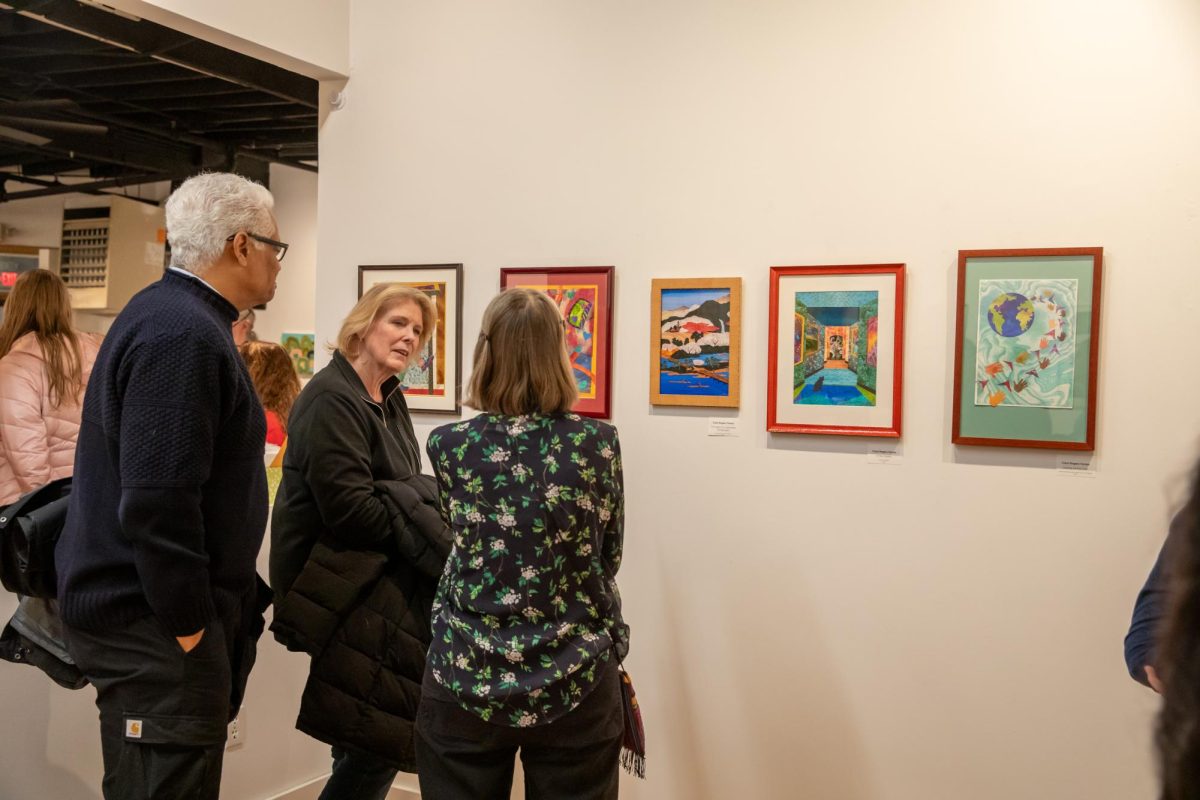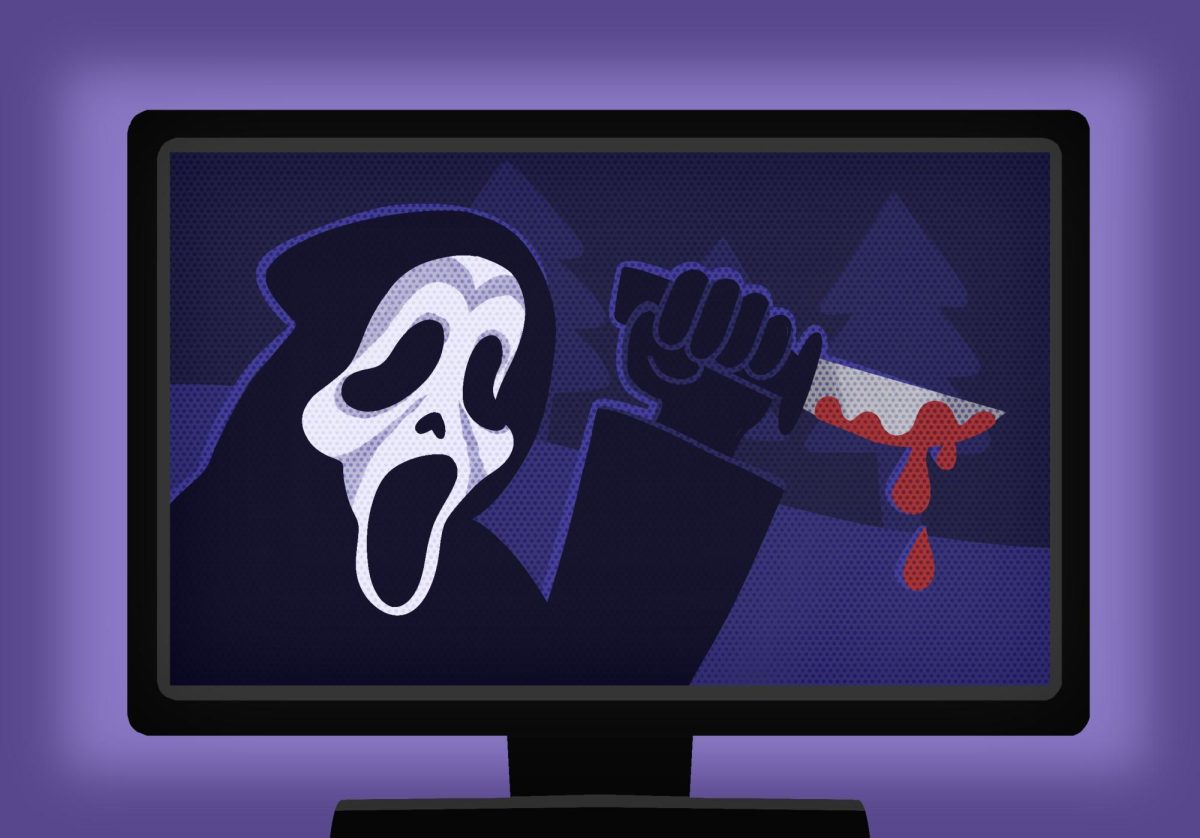What: Ed Bok Lee and Bao Phi: Joint Book Launch and Conversation
When: 8 p.m., Saturday
Where: Minneapolis Central Library, Pohlad Hall, 300 Nicollet Mall
Cost: Free
With the national recognition of âÄúReal Karaoke People,âÄù Minnesota poet Ed Bok Lee voiced the unheard stories of countless souls. Characters like immigrants, a Korean War Veteran, âÄúSkip Ching Porn King,âÄù and âÄúThe Man From GuangdongâÄù feel alive.
All of the rawness of South Minneapolis streets enlivens the page. Lee never shies away from uncovering racial hierarchies, offering an uncompromising view of America, contradictions and all.
Once again, Lee seeks a large canvas for his poetry. His second book, âÄúWhorled,âÄù encompasses global issues likethe worldwide loss of culture and language.
âÄúAt the core, [âÄòWhorledâÄô] is about the consequences of globalization and the lesser seen consequences that we donâÄôt always think about,âÄù Lee said.
Kale Fajardo, a a, aprofessor in the Asian-American Studies Department, relishes LeeâÄôs exploration of space, locally and internationally.
âÄú[Lee] knows a lot about the ways that certain languages are dying out. Those languages are being exterminated by other dominant ones,âÄù Fajardo said. âÄúAs a poet, he really cares about the diversity of language.âÄù
Having lived in the U.S., South Korea, Kazakhstan and Russia, Lee explores dialogue between human beings, dispelling stereotypes and simple definitions. LeeâÄôs academic study of the Asian diaspora in Kazakhstan and other countries allows him unique insight. This first-hand account, combined with his poetic intuition, effectively illuminates transplanted cultures.
âÄúHeâÄôs interested in places in various Diaspora that people donâÄôt know a lot about or are under-addressed,âÄù Fajardo said. âÄúHeâÄôs both local, but then cares about international and global issues.âÄù
Linguistic diversity is rapidly fading as a result of globalization, so LeeâÄôs poems represent crucial exercises in preserving these cultures, if only between the words of his writing.
âÄúThe more you can empathize with your character, I think the more interesting [the poem] becomes,âÄù Lee said.
Priding himself on faith, Lee wills himself to address cultural confusions with a distinct, personal voice. As much as the 21st century has connected cultures via the Internet, Lee also expresses concerns for the unseen barriers inherent.
âÄúFor all the great and magical things that technology brings, I think it makes us less dependent on one another,âÄù Lee said. âÄúIt creates this illusion that were independent.âÄù
Those illusions lead to volatile social barriers, something he works to dissolve with âÄúWhorled.âÄù
âÄúThe inability or unwillingness or disinterest to empathize with someone not like you is a privilege,âÄù Lee said.
LeeâÄôs writing is required reading in FajardoâÄôs class, Contemporary Perspectives on Asian America. Where LeeâÄôs writing has explored local issues, Fajardo teaches his class with the interest in defining Asian-American life in the Midwest, alongside better-known models of the New York or California Asian-American experience.
âÄúPeople think of Minnesota as being dominated by Scandinavian-Americans or they might have an image of âÄòFargo.âÄô People donâÄôt know that much about âÄî what is the daily street life of being in Minneapolis, on the Southside or Lake Street?âÄù said Fajaro.
LeeâÄôs writing, alongside fellow local spoken word artist Bao Phi, places Minnesota on a continuum of Asian America that is often neglected.
Where stereotypes give people certain viewpoints, poets like Lee and Phi (âÄúSong I SingâÄú) express powerful meditations of overlapping ideas, traditions, values and beliefs.
âÄú[âÄòWhorledâÄô] is an attempt to make sense of all these cultural confusions,âÄù Lee said.













